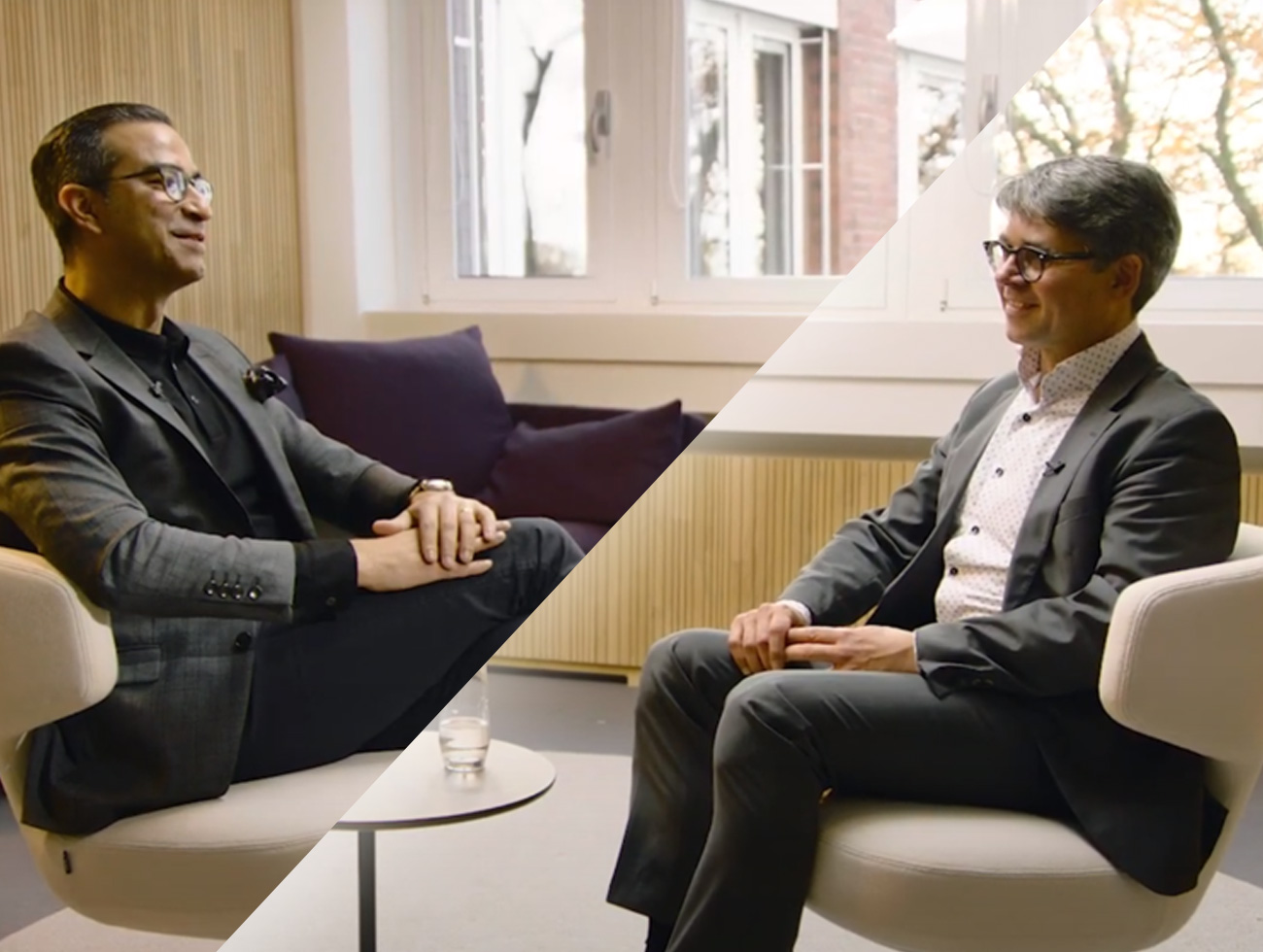Data is the key to accelerate the pathway from molecule to medicine
What does the future of life sciences hold? What role will technology play? A Connecting Minds interview with Dr. Peter Fruhstorfer, Co-CEO of Eppendorf.

COVID-19 has changed our lives, the way we do business, and transformed the health care landscape. But what does the future of life sciences hold? And what role will technology play?
Every year, $250 billion is spent on vaccine research with only 1% of that maturing to a finished product. Yet vaccines for COVID-19 were produced in record time. It has been said that without cloud computing that would not have been feasible in a time this short.
Eppendorf has the ambition to become one of the leading life sciences companies in the world for digitization and virtualization of laboratory technology.
In a Connecting Minds conversation, I discussed the democratization of scientific research with Dr. Peter Fruhstorfer, Co-CEO of Eppendorf.
Fruhstorfer explains how he sees leveraging technologies like Cloud & IoT to bring democratizing of lab and medical research data: “As the vaccine research teams acted geographically and institutionally fragmented, breaking down data silos and enable data sharing was imperative to maximize speed and produce coherent and reproducible insights. Data is the key to accelerate the pathway from molecule to medicine. Cloud technology helped to increase processing and memory capacity dynamically without investing in additional hardware.”
During the conversation we also touch upon the topics of collaboration and how data analysis has changed for the scientific community in the past couple of years.
Watch the video below for the full conversation.